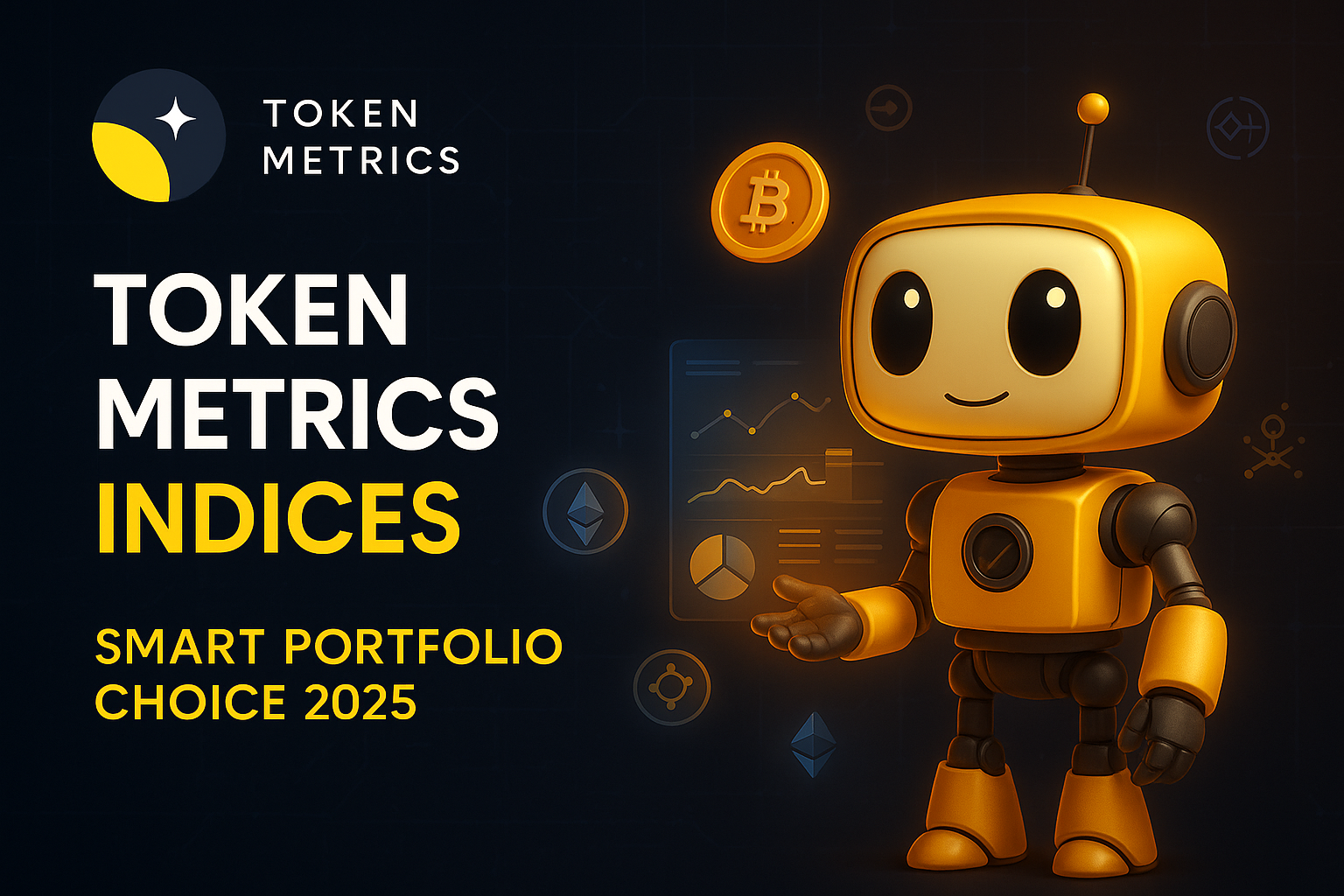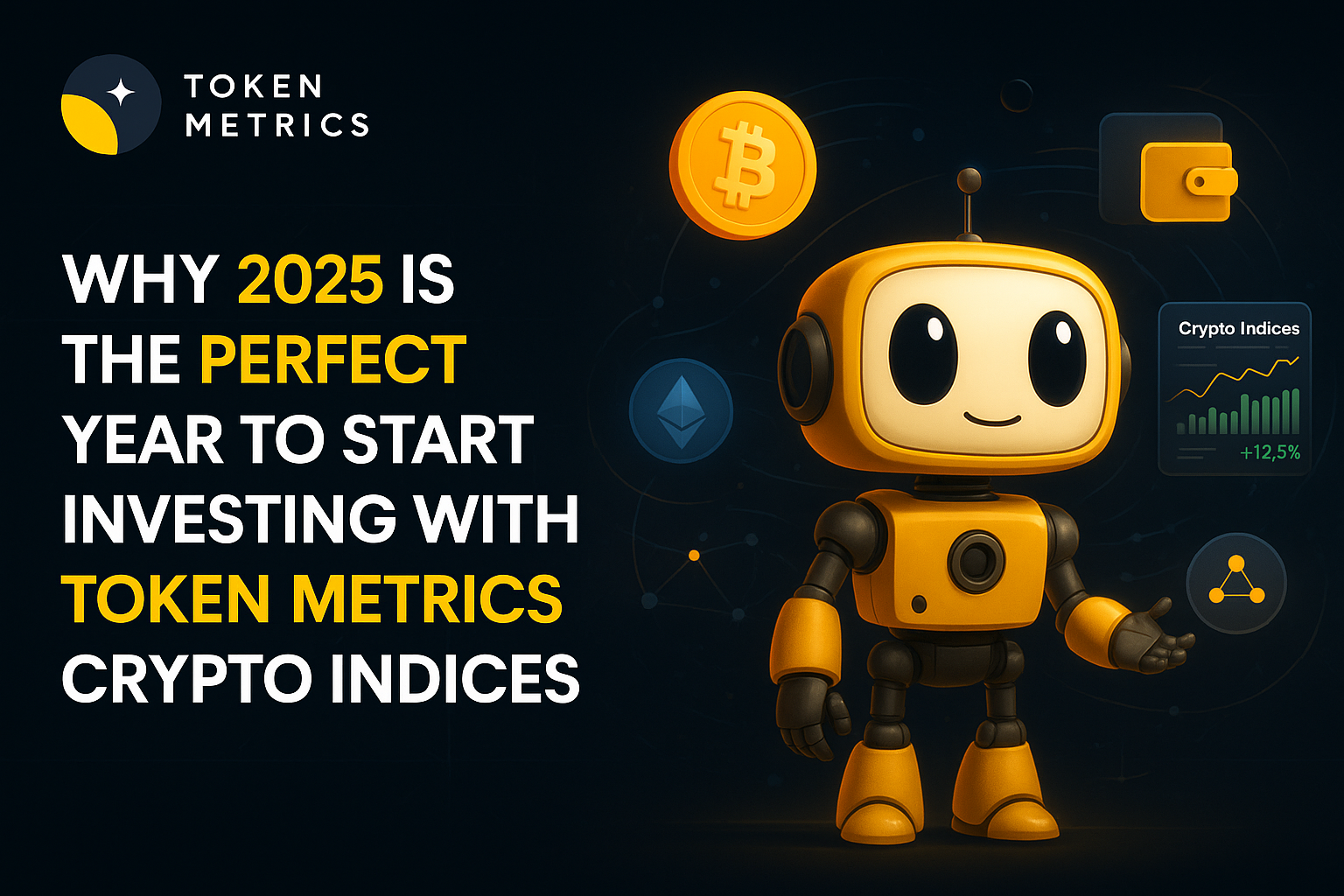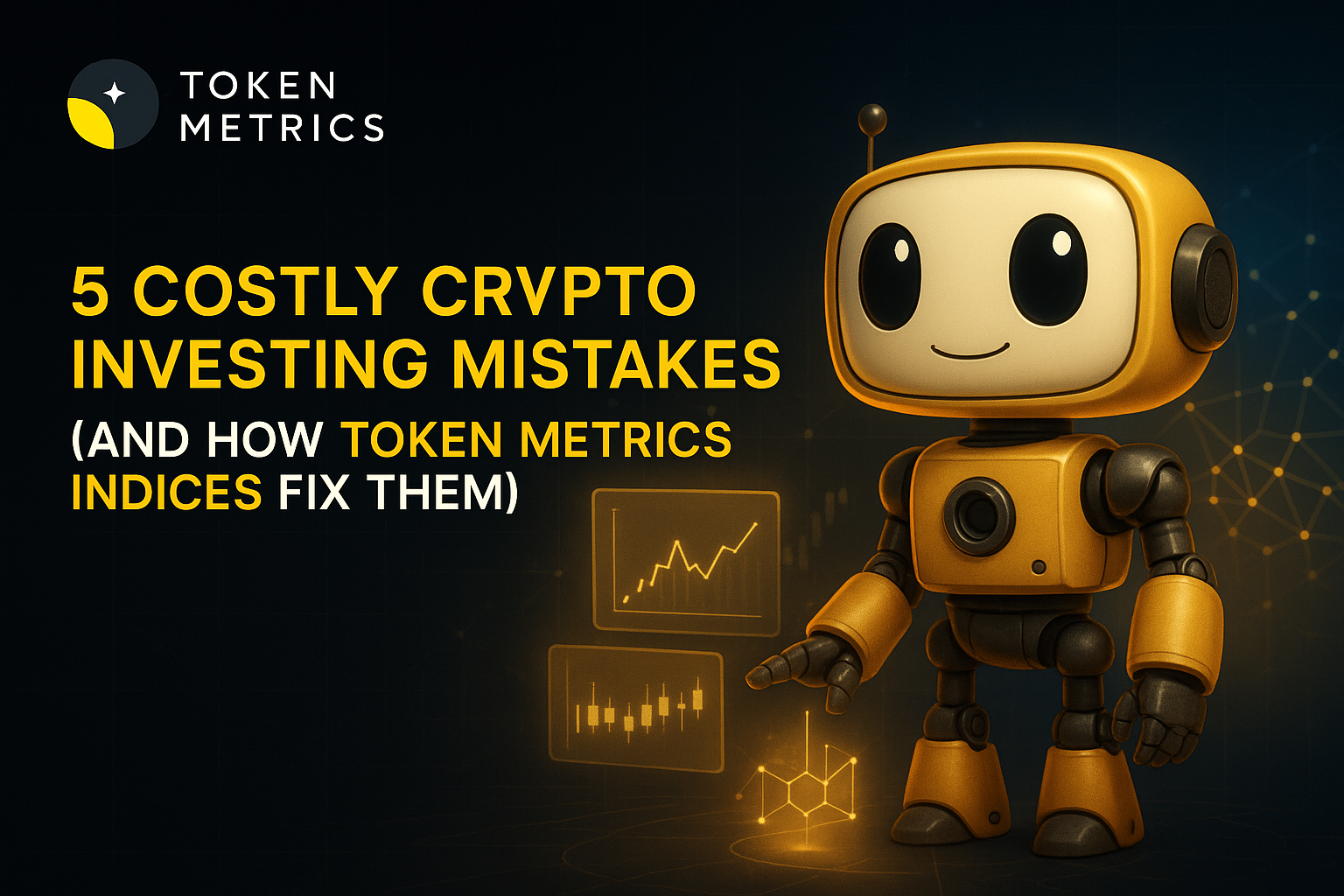
What is Tokenization in Crypto and How it Works?

Tokenization is a groundbreaking concept that has gained significant traction in recent years. It has transformed how we perceive ownership, protect valuable assets, and engage in cryptocurrency investments.
In this comprehensive guide, we will delve into the fundamentals of tokenization, explore its inner workings, and unravel its practical applications. So, let's embark on this journey to understand the power of tokenization and its potential to reshape the future.
Understanding Tokenization
Tokenization is the process of converting the ownership rights of an asset into unique digital units called tokens. These tokens are digital representations of tangible or intangible assets, ranging from artwork and real estate to company shares and voting rights.
By tokenizing assets, individuals and businesses can unlock new avenues of ownership and transfer, facilitating seamless transactions and enhancing liquidity.
Tokenization originally emerged as a data security technique businesses employ to safeguard sensitive information. It involves replacing the original data with tokens, which do not contain the actual data but share similar characteristics or formatting.
This method ensures that the sensitive information remains protected, as access to the tokens alone is insufficient to decipher the original data.
The Mechanics of Tokenization
Tokens essentially serve as substitutes for real assets or information. They hold no inherent value or purpose other than securing data or representing ownership.
Tokens can be created through various techniques, such as reversible cryptographic functions, non-reversible functions, or randomly generated numbers.
These tokens are then linked to transactional data stored on a decentralized ledger known as the blockchain. This integration with blockchain technology ensures the immutability and transparency of asset ownership, as all transactions can be easily verified using blockchain data.
In the context of payment information security, tokenization involves using a payment gateway that automates the token creation process and stores the original data separately.
The token is then transmitted to a payment processor, which can be traced back to the original information stored in the seller's token vault.
This approach eliminates the need to provide sensitive payment details during transactions, enhancing security and reducing the risk of data breaches.
Types of Tokenization
Tokenization encompasses various forms, with each type serving distinct purposes and applications. Let's explore the different categories of tokenization:
Blockchain Tokenization
Fungible Tokenization - Fungible tokens are standard blockchain tokens with identical values, making them interchangeable. Think of it as swapping one dollar bill for another dollar bill.
Non-Fungible Tokenization - Non-fungible tokens (NFTs) represent ownership of unique assets, such as digital art pieces or real estate properties. Unlike fungible tokens, NFTs do not have a set value and derive their worth from the underlying asset they represent.
Governance Tokenization - Governance tokens grant voting rights to token holders, enabling them to participate in decision-making processes within a blockchain ecosystem. These tokens are crucial in blockchain systems' governance and collaborative aspects.
Utility Tokenization - Utility tokens serve as access keys to specific products and services within a particular blockchain network. They facilitate actions like paying transaction fees, operating decentralized market systems, or accessing certain functionalities of the blockchain platform.
Non-Blockchain Tokenization
Vault Tokenization - Vault tokenization is a conventional method to protect payment information. It involves generating tokens that can be used for payment processing without divulging sensitive card numbers or other data. The original data is securely stored in a token vault.
Vaultless Tokenization - Vaultless tokenization is an alternative approach to payment processing that eliminates the need for a token vault. Instead, cryptographic devices and algorithms are utilized to convert data into tokens, ensuring secure transactions without centralized storage.
Natural Language Processing Tokenization - Natural language processing tokenization involves breaking down information into simpler terms, enabling computers to understand better and process the data. This technique encompasses word, subword, and character tokenization to enhance computational efficiency.
Advantages of Tokenization
Tokenization offers many benefits that revolutionize asset ownership, financial transactions, and data security. Let's explore the advantages of tokenization:
Improved Liquidity and Accessibility - Tokenization opens asset ownership to a broader audience, enhancing liquidity and accessibility.
By dividing assets into tokens, investment opportunities become more inclusive, allowing individuals with limited capital to participate in previously exclusive markets.
Moreover, digitizing assets through tokenization eliminates many traditional barriers associated with investing in tangible assets, streamlining the investment process and reducing costs.
Faster and Convenient Transactions - Tokenization enables faster and more convenient transactions by eliminating intermediaries and minimizing the complexities of traditional financial processes. Assets can be easily transferred through tokenization, and blockchain data can seamlessly verify ownership.
This streamlined approach significantly reduces transaction times and eliminates the need for intermediaries such as lawyers, banks, escrow accounts, and brokerage commissions.
Enhanced Security and Transparency - Tokenization leverages blockchain technology to ensure the security and transparency of transactions. Blockchain's decentralized nature and immutability make it an ideal platform for storing transaction data and verifying asset ownership.
The transparency of blockchain transactions allows for increased trust among potential buyers, as the entire transaction history can be audited and verified. Additionally, tokenization eliminates the risk of fraudulent activities and ensures the integrity of asset ownership records.
Tokenization in Enterprise Systems
Tokenization holds immense potential for transforming enterprise systems across various industries. Let's explore how tokenization can benefit businesses:
Streamlined Transactions and Settlements - Tokenization can greatly reduce transaction times between payments and settlements, enabling faster and more efficient financial processes.
By tokenizing intangible assets such as copyrights and patents, businesses can digitize and enhance the value of these assets, facilitating shareholding and improving the overall valuation process.
Additionally, tokenized assets like stablecoins can be utilized for transactions, reducing reliance on traditional banking systems and intermediaries.
Loyalty Programs and Incentives - Tokenization enables businesses to create loyalty-based tokens incentivizing customers to engage with their products and services.
These tokens can be used to reward customer loyalty, facilitate seamless transactions, and even participate in decision-making processes within decentralized autonomous organizations (DAOs).
Loyalty tokens enhance transparency and efficiency in loyalty reward systems, benefiting businesses and customers.
Renewable Energy Projects and Trust Building - Tokenization can play a vital role in financing renewable energy projects. Project developers can expand their investor pool and build trust within the industry by issuing tokens backed by renewable energy assets.
Tokenization allows investors to participate in renewable energy initiatives, contributing to a sustainable future while enjoying the benefits of asset ownership.
Challenges and Future of Tokenization
While tokenization presents numerous advantages, it also faces challenges that must be addressed for widespread adoption and growth. Let's explore some of these challenges:
Regulatory Considerations - As tokenization gains prominence, regulatory frameworks must evolve to accommodate this emerging technology.
Different countries have varying regulations and policies regarding tokenization, creating a fragmented landscape that hinders seamless transactions and investments. Regulatory clarity is essential to ensure compliance and foster trust within the tokenization ecosystem.
Asset Management and Governance - Managing tokenized assets, especially those backed by physical assets, poses challenges regarding ownership and governance.
For instance, determining the entity responsible for managing the property becomes complex if multiple foreign investors collectively own a tokenized hotel.
Tokenization platforms must establish clear rules and governance structures to address such scenarios and ensure the smooth operation of tokenized assets.
Integration of Real-World Assets with Blockchain - Integrating real-world assets with blockchain technology presents technical and logistical challenges.
For example, ensuring the availability and authenticity of off-chain assets like gold when tokenizing them requires robust mechanisms and trusted external systems.
The overlap between the physical world and the blockchain environment necessitates the establishment of defined rules and protocols to govern the interaction between the two realms.
Despite these challenges, tokenization continues to gain momentum as a powerful financial tool. Increased regulatory clarity, technological advancements, and growing awareness drive the adoption and recognition of tokenization's potential.
As governments and industries embrace tokenization, new investment opportunities and innovative ways of asset ownership will emerge, shaping the future of finance.
Conclusion
Tokenization has emerged as a transformative force in the realm of ownership, asset security, and financial transactions. By converting assets into unique digital tokens, tokenization enables seamless transfers, enhances liquidity, and ensures the integrity of ownership records.
Through blockchain or non-blockchain methods, tokenization provides businesses and individuals unprecedented opportunities to engage in secure transactions, access new investment avenues, and revolutionize traditional systems.
With its potential to unlock value, improve accessibility, and streamline processes, tokenization is poised to shape the future of finance and redefine the concept of ownership. Embrace the power of tokenization and be future-ready in this dynamic landscape of digital assets and decentralized economies.
Disclaimer
The information provided on this website does not constitute investment advice, financial advice, trading advice, or any other advice, and you should not treat any of the website's content as such.
Token Metrics does not recommend buying, selling, or holding any cryptocurrency. Conduct your due diligence and consult your financial advisor before making investment decisions.

.svg)

Create Your Free Token Metrics Account

.png)




%201.svg)
%201.svg)


%201.svg)









.svg)




.png)